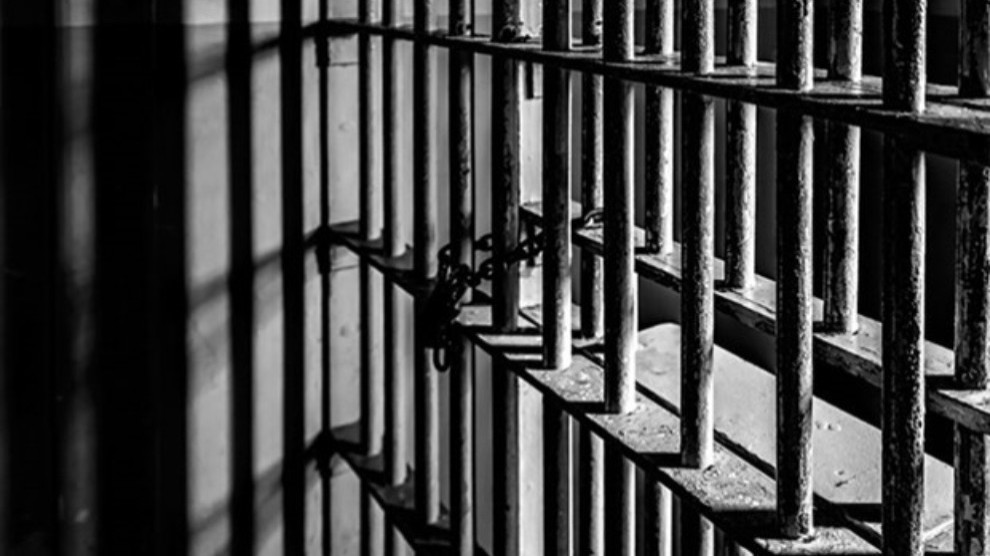The situation in Turkish prisons
With the coronavirus pandemic, the situation in prisons in Turkey has dramatically deteriorated. Preventive measures are inadequate, and rules of distance cannot be observed.
With the coronavirus pandemic, the situation in prisons in Turkey has dramatically deteriorated. Preventive measures are inadequate, and rules of distance cannot be observed.

The "Civil Society Association in the Prison System" (Ceza İnfaz Sisteminde Sivil Toplum Derneği, CİSST) points out that not enough preventive measures against the Coronavirus pandemic are being taken in prisons in Turkey. Prisoners do not receive hygiene products and do not have access to adequate health care. Medical treatment of sick prisoners has been discontinued, and distance regulations cannot be observed.
This is the result of a report drawn up by the association from complaints received from 96 prisons between 29 June and 10 July. Among other things, the report criticises the fact that insufficient air supply is provided and that in some prisons yard exercise is arbitrarily restricted. Especially in open prisons there are complaints about unhygienic conditions in the dining rooms, which have to be used by too many prisoners at the same time.
Access to soap and disinfectants is handled differently in prisons. In some prisons, hygiene products are distributed free of charge, in others they are difficult to obtain even against payment. Face masks are also not available everywhere.
A major problem is the lack of water. The water supply is often interrupted, hot water is only available in limited quantities. There are also many complaints about the quality and quantity of food. In some prisons there are no doctors in the infirmaries or the prisoners are not even brought to the infirmary. Instead, they are questioned by prison officers at the cell door about their complaints and are then given medication, some of which has already expired. In some correctional facilities, external medical treatment has been completely discontinued.
The lack of health care is particularly dramatic for the chronically ill prisoners. The association's report points out that several prisoners are in a critical condition. Each time they leave the prison, the prisoners must remain in quarantine for a fortnight on their return. Many of those affected are so badly off, however, that they are no longer able to care for themselves alone in an isolation cell.